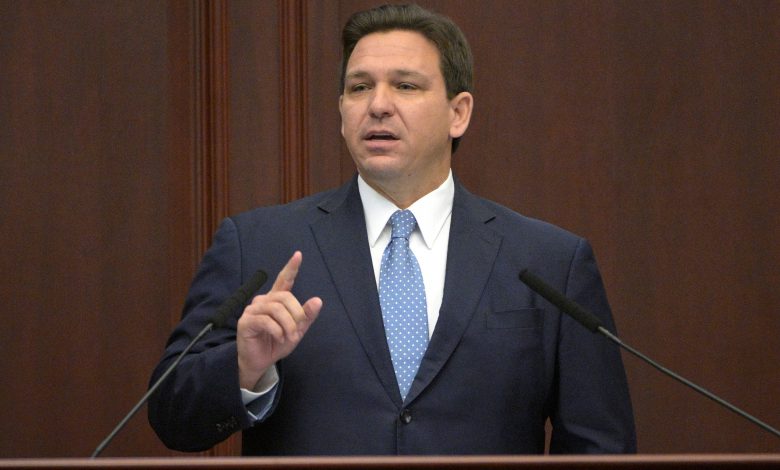Gov. DeSantis says he won’t declare state of emergency against Monkeypox

Florida Governor Ron DeSantis said he will not declare a state of emergency against monkeypox. However, Florida has the third most cases in the nation.
With at least 6,600 Americans already infected, President Biden declared monkeypox a public health emergency Thursday. New York, California and Illinois have already declared its own state emergencies.
Governor DeSantis said states that have declared public health emergencies would abuse those powers. However, there is no evidence of that happening.
DeSantis said during a news conference on Wednesday the state will look at the facts and not try to rile people up.
“Any of these politicians out there who are trying to scare you about this, do not listen to their nonsense,” DeSantis said. “I am so sick of politicians, and you saw this with COVID, trying to sow fear into the population.”
According to the Centers for Disease Control (CDC), Florida has 577 cases of monkeypox. Agriculture Commissioner Nikki Fried, who is hoping to run against DeSantis for governor, wrote a letter asking for a public health emergency.
A part of the letter reads, “Floridians need to know key facts such as when should they get tested, at what point they are contagious, and how long they need to quarantine if infected.”
Fried added, “There appears to be a severe public knowledge gap when it comes to monkeypox.”
Charlie Crist, who is running against Fried for the Democratic nomination, released a statement saying “Governor DeSantis should not dismiss the risks of monkeypox to Floridians, and to do so while making an AIDS comparison is repulsive revealing and factually wrong.”
According to the CDC, monkeypox can be contracted through face-to-face interaction or by touching a contaminated surface. Many cases are related to men having sex with men, when a sexual partner within 14 days received a diagnosis or at risk if there were several sexual partners in a two-week span in an area with known cases.
It is possible to contract monkeypox by touching contaminated surfaces — but researchers say that is rare. They add it takes longer periods of interaction and virus buildup in one place for that to occur.




